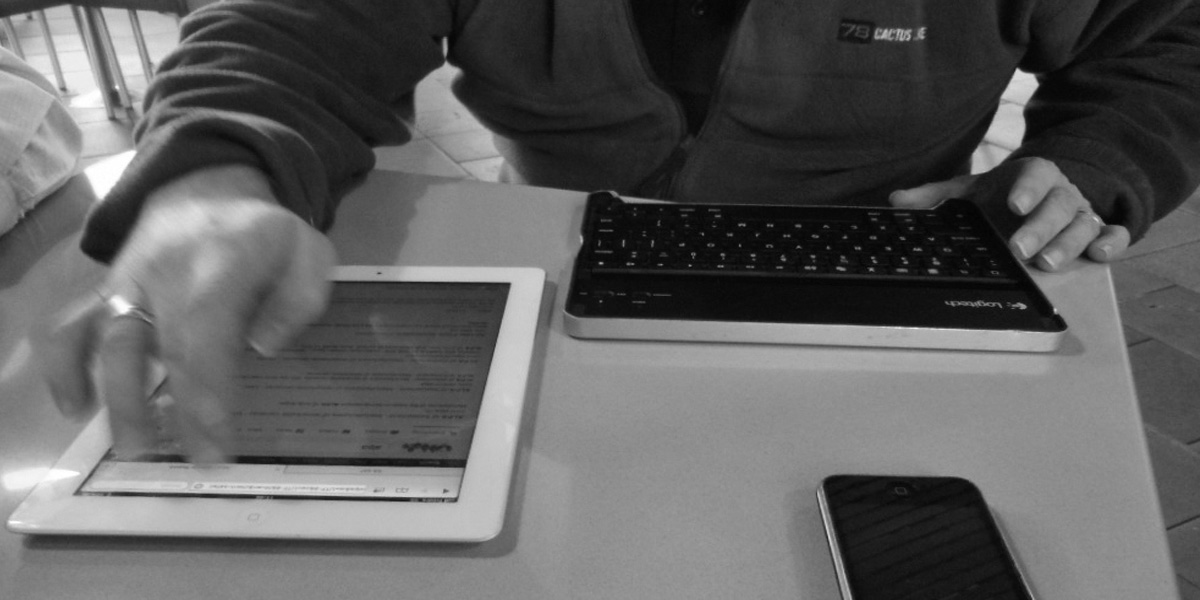Digital alchemy: The digital revolution will work in Labour’s favour
With people now spending well over two hours online each day, digital communications are frontier territory in general elections. As new technology develops, new digital platforms emerge and our online behaviour changes, everyone is experimenting as they mix science with...
With people now spending well over two hours online each day, digital communications are frontier territory in general elections. As new technology develops, new digital platforms emerge and our online behaviour changes, everyone is experimenting as they mix science with creativity. It’s a very modern kind of alchemy; no one has the definitive formula to convert online content into votes, but everyone is searching for gold.
Getting digital right could have a huge impact on the long-term future of the Labour party. People now get much of their political information from online platforms, as well as traditional media. Labour has the most to gain from this disruption to the traditional gatekeepers of truth, so to make the most of this, the party should review the success of its digital experiments after the election, concentrating on the following areas: motivating supporters, persuading people, winning support and engaging the disengaged.
Some politicians are effective in motivating support using Twitter and Facebook, but other candidates still appear robotic. Citing a recent study from the Pew Research Centre in the US, Jonathan Birdwell at the think tank Demos argues: “If MPs made more effective use of a Facebook profile – to show constituents who they really are, their true views, their sense of humour, and the good work they do in the constituency and in the Commons – it could potentially help to increase trust the public’s trust in its politicians”.
Activists, too, can use the simplest tactics such as ‘doorstep selfies’ to motivate supporters to campaign again. In future elections, Labour should continue to ensure this kind of campaigning doesn’t become too cliquey. Hashtags and slogans should be as easy to understand for the friends of friends of the activist, as well as the activist herself.
Labour should also map out the digital experience of the party for new members, supporters, old timers, and those considering returning to the party. We’ve all heard the complaints about the frequency of emails asking for donations. As our understanding of digital behaviour develops, the party should take a more sophisticated approach that enables and encourages people to progress from being supporters, to activists, and beyond.
The potential of digital campaigning really hit home for me in the run up to the Scottish Referendum, when I met young CWU members who had become politicised through social media. For many, the distinction between online life, and offline life, is now irrelevant – it’s all real life. As Mike Joslin of Organise Consulting puts it: “The 2010 general election was the first social media election but 2015 will be the first digital relationship election.” To persuade and win the support of young voters, Labour will need to invest more thinking and resources into building these digital relationships as part of its long term strategy.
Digital can also be used to reach those who are disengaged from politics. Around 39 per cent of people didn’t cast their vote in the 2010 general election and the Lodestone Political Survey found that many of these people said that they would vote Labour if they voted in future. A number of important initiatives, such as the RegistHERtoVote campaign and Bite the Ballot, are using digital platforms to try to encourage more people to register to vote.
Yet reaching out to the disengaged shouldn’t be seen purely as an election campaign tactic. With levels of traditional political engagement in decline, this should be a strategic priority to secure the long-term future of the Labour party. The potential for social media micro-targeting should be further harnessed by Labour to engage with people in future elections; according to Jonathan Birdwell, “social media advertising tools can be incredibly useful for tailoring specific messages to specific groups based on demographics – or even their interests.”
Labour should bear in mind, however, that our understanding of what works is still in its infancy. In the commercial world, many brands still struggle to work out the genuine return on investment they are likely to get from promotion on social media. The same is true of politics. Post-election, the media will closely scrutinise whether the Conservative’s rumoured mega-spending on Facebook advertising was worth it – big spending doesn’t always directly lead to big successes.
As Labour gets prepared for the battles that follow the 2015 general election, its team should take time to review the digital highs and lows from this campaign. It’s only by facing up to the failures, as well as the successes, that the party will perfect its recipe for digital alchemy.
Fran O’Leary is director of strategy and innovation at Lodestone, a Co-Founder of the RegistHERtoVote Campaign, a member of Centre for the Analysis of Social Media’s network of experts and is writing in a personal capacity.
This article originally appeared in the Spring 2015 edition of the Fabian Review.

